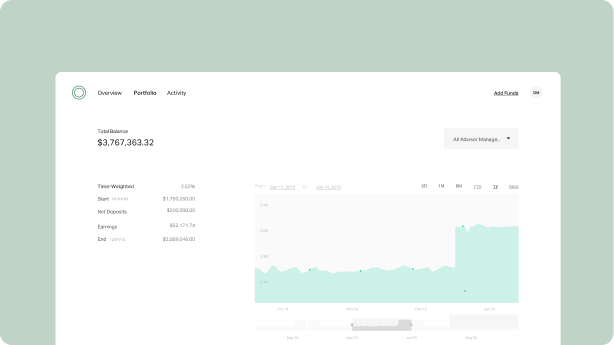A new tax bill is coming. Here’s what you can expect to discuss with your clients.
A new administration, a new Congress, a new tax bill. We shouldn’t be surprised, but it’s still frustrating to revisit a financial plan because the rules are about to change. And as the debate heats up, one thing is becoming increasingly certain: Most investors can expect to pay more in taxes.
Proposals continue to work their way through both chambers of Congress, and the administration appears to be increasing its efforts to sell key provisions to the public. While the situation is still in flux, here’s a brief summary of what you can expect to discuss with your clients.
"The tax man's taken all my dough, And left me in my stately home, Lazing on a sunny afternoon. And I can't sail my yacht, He's taken everything I've got, All I've got's this sunny afternoon. —” Sunny Afternoon,” The Kinks
Capital gains tax rate
The top federal rate will likely increase to 25%. If you consider the net investment income surtax, which many taxpayers are already subject to, this moves the top rate to 28.8% on the sale of any capital asset held one year or longer. To add substantial complexity and uncertainty to the change, the House proposal would make the new rate effective on gains realized after September 13, 2021—not January 1, 2022, like most other provisions. Clients looking to take large gains may be forced to roll the dice.
Tax surcharge
A 3% tax surcharge would be assessed on modified adjusted gross income (MAGI) in excess of $100,000 for any trust or estate, $2.5 million for married filing separately, and $5 million for individual taxpayers.
Top individual income tax rate
The proposal calls for a return to pre-2017 marginal individual income tax rates, increasing the top rate from 37% to 39.6% (potentially up to 46.4% if the 3.8% net investment income surtax and 3% surtax also apply). The pool of top earners expands to include married filing jointly over $450,000, heads of households over $425,000, single over $400,000, married filing separately over $225,000, and estates and trusts with income over $12,500.
Qualified small business shares exemption
One of the more surprising provisions in the House bill (given this administration’s insistence earlier this year that the QSBS was off-limits) is a 75% and 100% exclusion rate for QSBS gains (held for more than five years) that will not apply to taxpayers with AGI in excess of $400,000. The 50% exclusion would remain available for all taxpayers. Similar to the capital gains rate proposal, the change would apply to sales after September 13, 2021.
Wealth tax
Arguably the most substantive change to the tax code would be a wealth tax proposal from Senator Ron Wyden (D-OR), which the administration supports. The tax would assess a levy on unrealized capital gains on an annual basis. What’s still unclear are the mechanics of the proposal and any potential legality of such a proposal, given that a wealth tax has never been implemented in the United States.
Estate and gift tax exclusion
The federal estate and gift tax exclusion would be halved to just north of $6 million.
RMDs for large IRA balances
IRAs with balances in excess of $10 million face accelerated required minimum distributions.
Roth IRA conversion elimination
This would eliminate the conversion of traditional IRAs to Roth IRAs for taxpayers exceeding $450,000 married filing jointly, $400,000 filing single, and $425,000 filing as head of household. The proposal also prohibits backdoor conversions, meaning taxpayers would be unable to convert after-tax money held in a qualified account to a Roth account.
Wash sale rule modifications
The wash sale would expand to include digital assets, prohibiting investors from claiming capital deductions on cryptocurrency sales that were repurchased within 30 days of the sale.
Again, these proposed changes are being aggressively debated, and we’ll soon see how things shake out. Comprehensive planning with your clients (and coordinating with their tax professionals) is as important now as it’s ever been.











